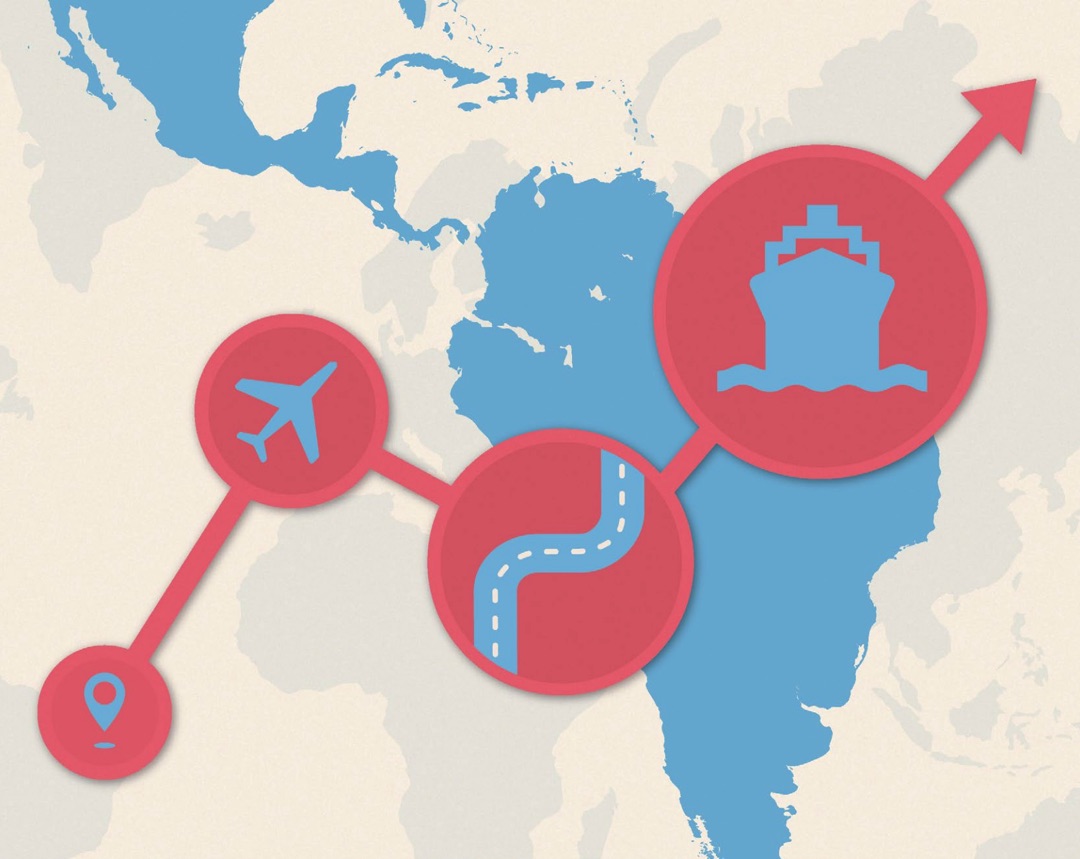This EIU report discusses the current economic and political climate in Latin America and explores sectors that present opportunities for economic growth—particularly trade-related infrastructure and the services sector.
For the most part, Latin America has overcome its reputation as a region dogged by debt crises, hyperinflation and political instability, a reputation that has long discouraged foreign investment. Although political and economic volatility is still present in the region, these factors are now more
the exception than the rule. And while some macroeconomic weaknesses persist, the region is today more stable than in previous decades amid more market-oriented economic policies. This report explores two elements of Latin America’s economic growth strategy—infrastructure development and an expansion of the services sector—that will be vital to strengthen the region’s economies.
The EIU would like to thank the following experts (listed alphabetically) for their insights:
– Enrique Abud Dip, head, ProMéxico, UAE
– Roberto Dunn, executive director, Conscorico Nobis
– Daniel Melhem, president, Gulf Latin America Leaders Council
– Claudia Pompa, former research officer, Overseas Development Institute
– Dr Pablo Sanguinetti, chief economist, Development Bank of Latin America (CAF)
– Paul Wander, independent economic consultant
Key findings of the report:
– Robust economic growth strategies for Latin America, following the end of the commodity supercycle, require the development of trade-related
infrastructure and economic diversification through an expansion of the services sector.
– Plans are under way for infrastructure projects across Latin America, but securing project finance remains a top concern. Governments are taking steps
to make the business environment more attractive for these investors and are renewing efforts to develop public-private partnerships.
– Economic diversification can be achieved through an expansion of the services sector, with a focus on value-added services (for manufacturing and
port operations), tourism and banking.



